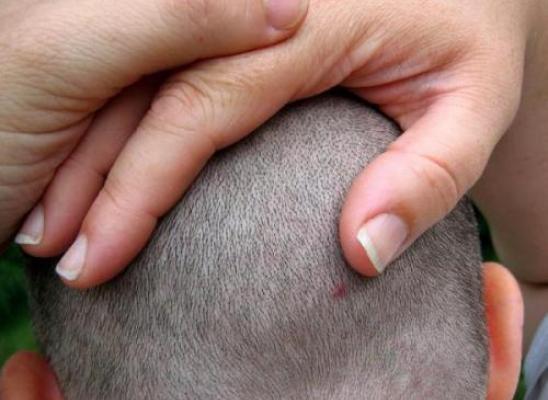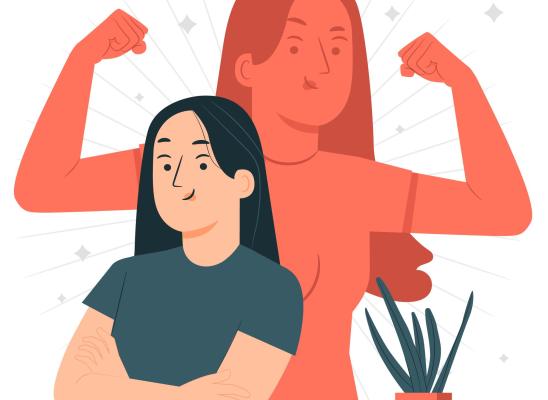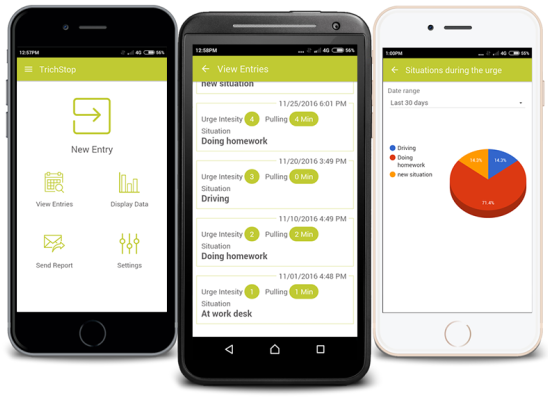Holiday Hair Pulling
Online test
Find out the severity of your symptoms with this free online test
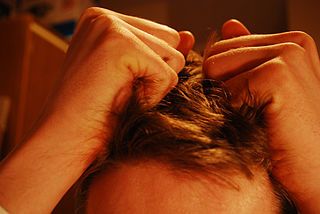
Photo by stuartpilbrow
The holidays and the festive season should be a time of joy and celebration. But for many it is a also a time of great stress, anxiety and even loneliness. It is not uncommon that people suffering with any of the body-focussed repetitive behaviours (BFRBs) such as trichotillomania and dermatillomania (skin picking disorder) that these behaviours tend to increase in intensity and severity over the festive season. There are a variety of reasons that this time of year causes increased hair pulling. For some poeple it is the pressure of many guests, for others it may be the financial strain that so many people encounter, especially after christmas; while those who are socially isolated feel their isolation more intensely because of the societal expectation that the festive season is a time for family and spending quality time with loved ones. Whatever your reasons, increased hair pulling over the holidays can set off a negative cycle of thoughts and behaviours that only serves to intenisfy the effects of hair pulling on the persons life. Often people who have struggled with this condition for many years start to anticipate the effect of the holiday season on their hair pulling behaviour and this in itself can be a catalyst for increased pulling.
Awareness is Key
But this need not be the case. Having awareness of the situations and environments that trigger or precede the urge to pull or episodes of pulling, can be your greatest weapon to diminishing the likelihood that you will pick. Some of the ways you can be proactive in coping with the holidays in a more positive way:
Exercise
We don't usually associate the holidays with exercise. Instead, media campaigns project images of families and friends eating and drinking together, having joyful celebrations. But exercise is particularly important during the holiday season. Not only will exercise help you feel fit and healthy, particularly during this time of overindulgence and unhealthy eating habits; but it the physical activity also helps your body to release the 'feel good' hormones such as endorphins that are linked to decreased hair pulling and skin picking behaviour. Many people also find that physical exercise is a great distraction from the urge to pick. When you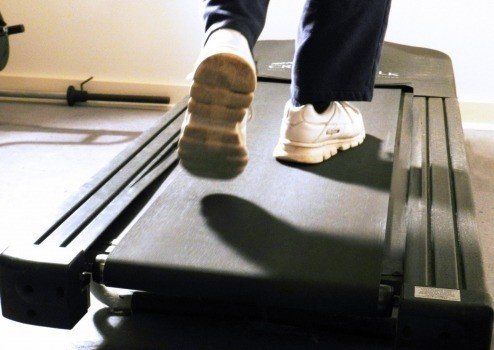
Support from family and friends
Many people with trichotillomania suffer in silence, never seeking the support of those they care about for fear of rejection and because of their own personal shame and guilt, and feeling like others will not understand. But having the support and understanding of important people in your life is an important factor in surviving particularly stressful times in your life, when hair pulling will be at its worse. This may not be an appropriate strategy for all hair pullers as sometimes families can also envoke of the negative thoughts and feelings that are associated with the urge to pull. But if you do have someone in your life you trust and respect, why not try speaking to them about your challenges with this time of year. With the support of another person you may just have the strength and ability you need to survive the holidays.
Communicating Realistic Expectations
In most instances, the pressure and stress we experience over the holidays are based on expectations we place on ourselves because of how we think we ought to be, look, feel or behave. Often times these unrealistic pressures that we place unduly on ourselves. The problem when you have trichotillomania is that the anxiety and stress that results often leads to increased picking. Having an open dialogue communicating beforehand with those who you have holiday plans with will help everyone to have the same realistic expectations for the holidays. Communicating clearly with each other and practicing assertiveness about what you can and cannot manage will greatly reduce the pressure on you to fulfill unrealistic expectations.
Online test
Find out the severity of your symptoms with this free online test
Start your journey with TrichStop
Take control of your life and find freedom from hair pulling through professional therapy and evidence-based behavioral techniques.
Start Now

